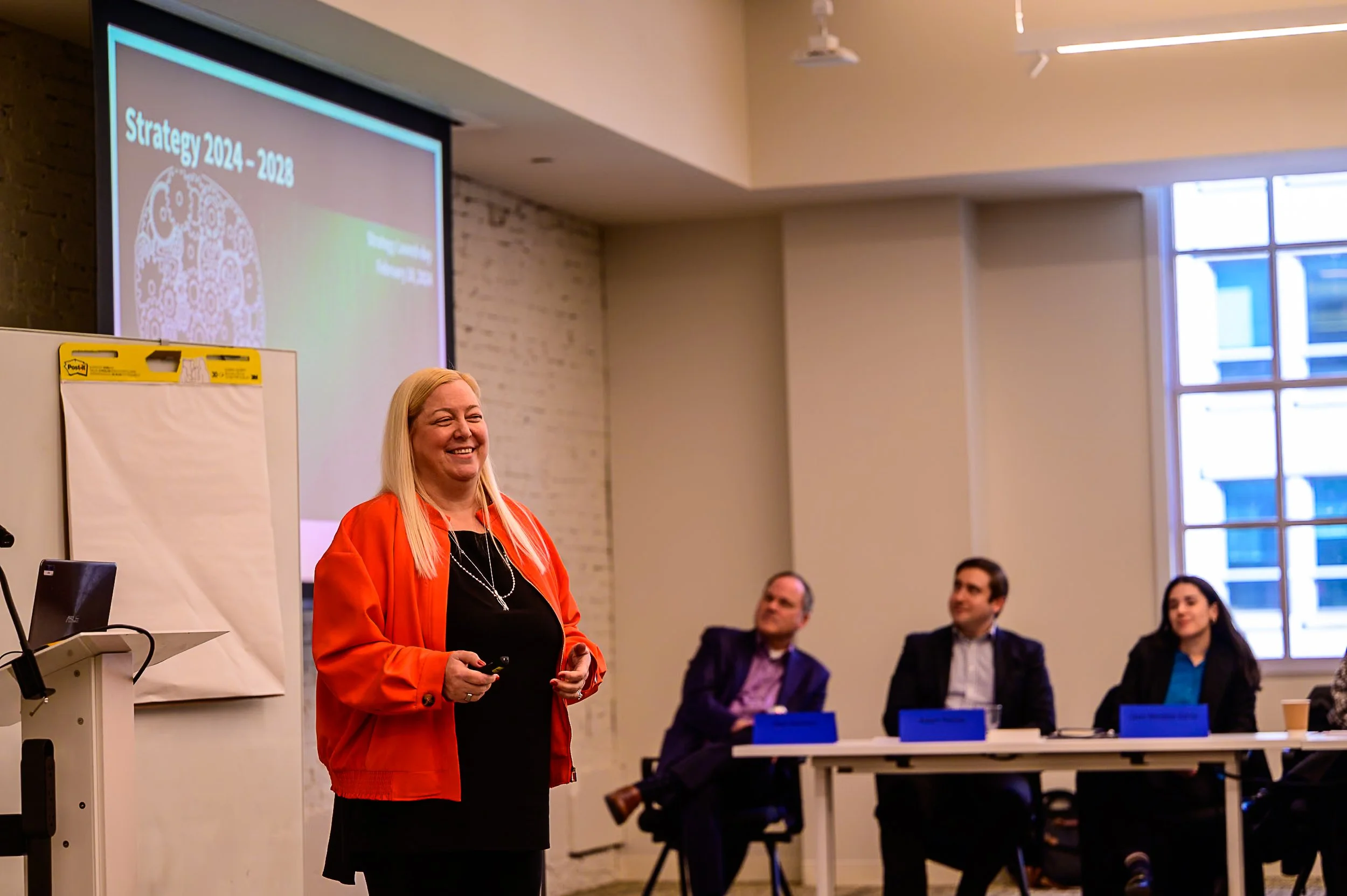Transition
as an Enduring
Discipline
How can Government and industry extend the work done for transition to manage knowledge and retain skills? How do they turn this one-time event into an enduring discipline?
There is a lot of focus around Washington about the upcoming administration transition. For the Department of Homeland Security (DHS), this is a particularly important transition as it represents the first of its kind for the new agency. Because of the critical, often life-saving mission of DHS, any disruption to operations could be exploited and aggravated, resulting in a less than optimal response and focus that could mean the safety and even the life of many Americans.
DHS has been actively planning for the transition. The Administration Transition Task Force has proposed proven approaches and some new ideas to mitigate the risks of the change. However, many of the plans and approaches focus very heavily on the succession portion of the transition and do not spend enough time and resources on detailed and holistic mission processes and procedures that can be used beyond the transition.
Both Government and industry leaders need to look at the upcoming administration transition as a catalyst to develop an enduring discipline that can address long-term knowledge retention and support consistent, sustained leadership. Broad and repeatable approaches should be implemented to document and disseminate institutional knowledge for the next generation of DHS.
While an administration change represents the most visible knowledge transfer point, the Department must deal with other significant changes and challenges regarding knowledge transfers (Figure 1). 
DHS faces an aging workforce and an extensive use of contractors to support mission functions. Loss of institutional knowledge through employee retirement and attrition and changes to large contractor-led programs represent a chronic challenge
- DHS’s agencies continue to evolve, and the need to share information remains a critical component to success. A ready source of information that can be transferred or shared with other agencies increases the quality and timeliness of data and information, two important components of DHS’s ability to succeed
A comprehensive knowledge management infrastructure will facilitate consistent knowledge retention, the continuity of operations, and the base of information required to weather any transition. The knowledge and information stability that a comprehensive knowledge infrastructure provides means underlying support to the critical missions protecting the United States and its citizens.
These benefits mean a light worth keeping on into the future, beyond January 2009.
Case Study: U.S. Citizenship and Immigration Services
Through the Transformation Program, USCIS is contemplating significant changes to its systems and business processes just as the administration transition gets underway. Through this period, USCIS has an opportunity to leverage the Transformation program and the due diligence and requirements gathering activities to fully capture and organize the mission and mission support functions of the agency.
Once an award is made, USCIS should add an initial task order to create a knowledge management framework and infrastructure to store the baseline and reengineered processes and systems information. This can be used throughout the transition and transformation lifecycles to educate stakeholders, identify potential improvements, and provide a central knowledge base to enable greater continuity of operations and decision-making.





















